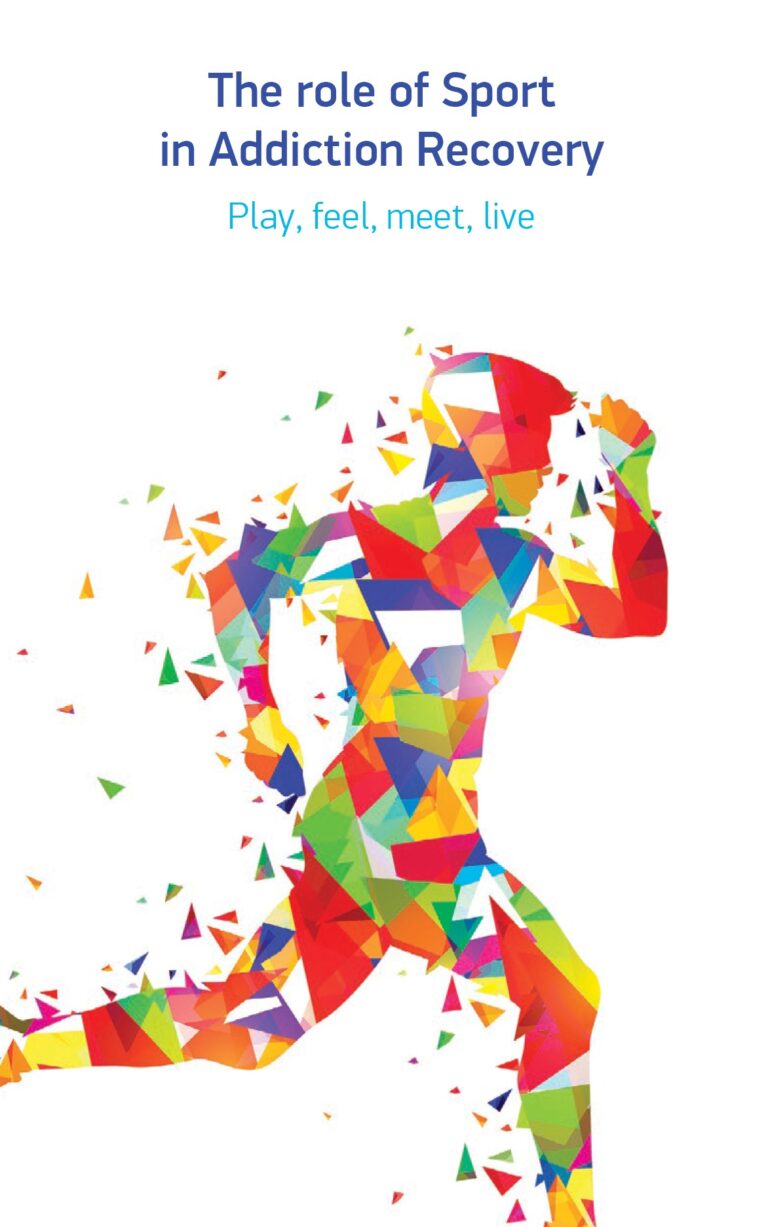The effectiveness of wilderness therapy as mental health treatment for adolescents in Norway: a mixed methods evaluation
This paper investigates the effectiveness of a Norwegian wilderness therapy programme, Friluftsterapi, which is offered to adolescents within a specialized mental health care setting. This mixed methods study incorporated (1) psychometric pre-, post-, and 12 month follow-up data, (2) executive functioning data, and (3) qualitative data from two rounds of individual participant interviews. The results indicate that group averages remained largely the same between the pre- and post-tests, however that health measures generally improved one year later (Cohen’sdeffect sizes ± 0.5). Interview data revealed that the processing of the Friluftsterapi experiences takes time and that for many several months are required before the impact is fully internalized and translated into improved daily functioning. In conclusion, the Friluftsterapi experience is perceived as valuable, and it appears to contribute towards improving the mental health of many participants. A refined version of the treatment programme is suggested and briefly presented in the conclusion.












